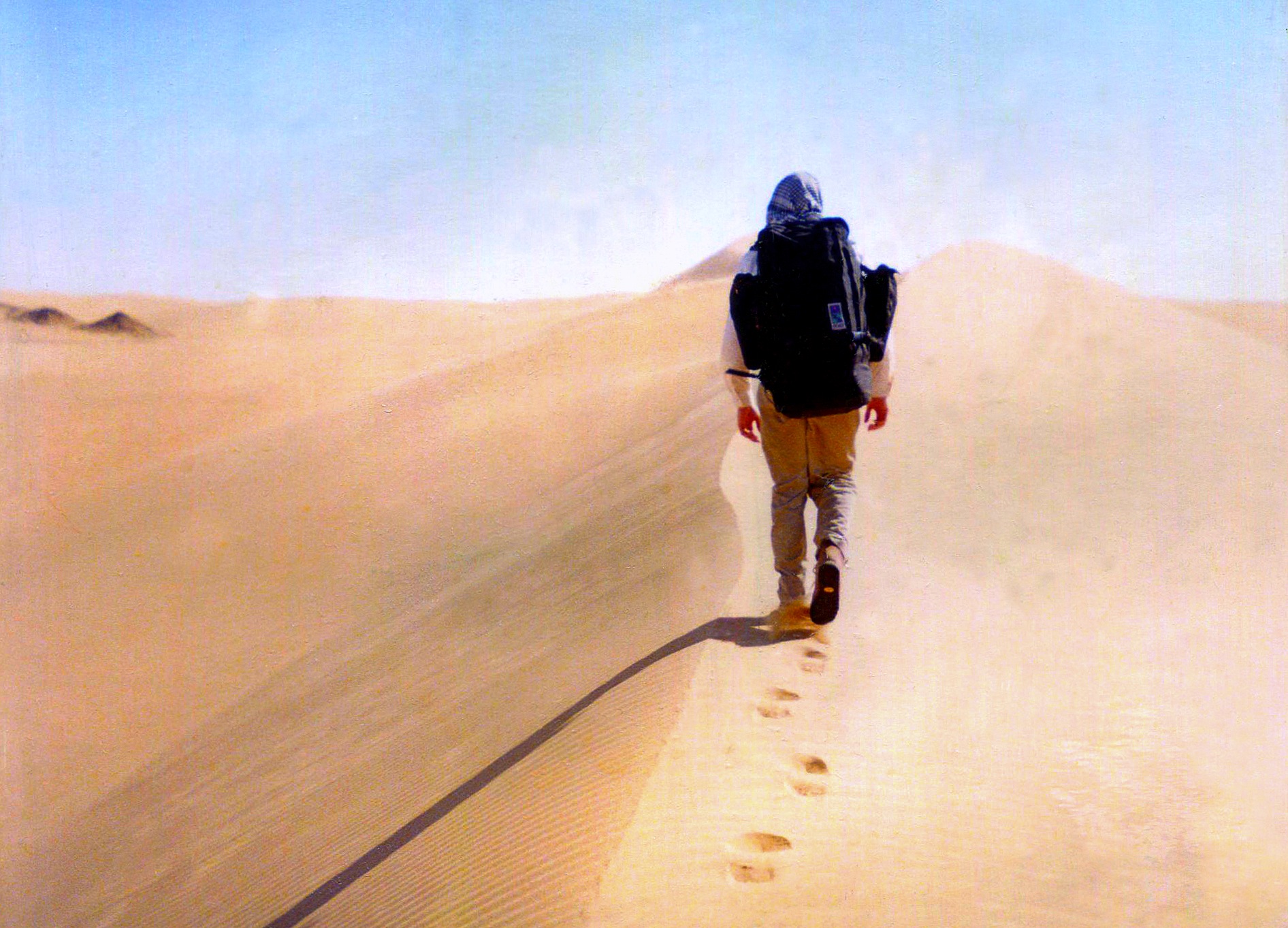by Rolf PottsWhen my Vagabonding column debuted in Salon.com, lots of readers wrote to ask me how they, too, could get jobs as travel writers. This, I’ll admit, was a tough question to answer. After all, travel writing is not really something you can study for in college, and there are certainly no travel writing job-applications at your local employment office. Beyond this, my own accomplishments as a travel writer have been the product not of a succinct game plan, but of many years of frustration, persistence and ambiguous failure as a would-be travel writer. Thus, the best I could tell folks was that — to be a travel writer — you have to travel a lot and write a lot. Simplistic as this sounds, I still think it’s valid advice. In the attempt to be more concrete, however, I have expanded my suggestions below… |
|
Travel a lotThere’s simply no way to write about travel with any kind of authority unless you get a basic sense for what life on the road is like. Also, it will help if you travel in a dynamic way — opening yourself up to the unknown and interacting with the local cultures. I also advise — for anyone who is really serious about travel writing or even just experiencing the world in a more vivid way — to work a few years in a foreign country (see Transitions Abroad magazine for information on how to do this). This kind of expatriate experience immerses you in a culture in a way that mere travel cannot. Plus, it conditions you to interact with folks, even if you don’t fully understand their language or customs. |
|
Write a lotThe best way to get published is to write well. The best way to write well is to write often. And, even if you don’t get published, you’ll have the satisfaction of capturing your experience on paper and intriguing your friends. |
|
Read a lotNothing exists in a vacuum, and you can’t write good travel stuff unless you read good travel stuff. Definitely study your history books and your guidebooks — but don’t overlook literary travel narratives, be they in books or magazines. Pay attention to technique as much as content, even when reading novels or general non-fiction. |
|
Don’t quit your day jobVery few travel writers support themselves entirely on their writing — and those that can support themselves rarely get rich in the process. Find (or keep) a “real world” job to keep yourself in the black. The secret, of course, is to find work that allows you the freedom and/or option to travel. My own travel budget is augmented by funds saved from two years of teaching English in Korea. |
|
Read up on the tradeFor the basic nuts and bolts of travel writing, read Travel Writing, by Don George. Other travel writing instructional books include Travel Writing 2.0 by Tim Leffel, and Travel Writing by Louisa Peat O’Neil. |
|
Surf up on the tradeGood practical information on travel writing if often only a ‘net click away. Be sure to check several search engines for a good breadth of travel writing information. A good starting-point for beginning travel writers is Jen Leo’s Written Road. |
|
Research your destinationTravel writing always benefits from a good knowledge of the region or culture. Even if you don’t use specific information in your article, research can help you write about a place or culture with confidence. Once you’ve arrived in the country/culture, read the local English-language newspaper for details, quirks and tidbits. |
|
Research your marketsIf you are writing for friends or a listserv you probably know your audience already. But if you’re writing for magazines, newspapers or websites, make sure you’re familiar with the publication and its needs. Never approach an editor with an unclear or inappropriate story. Target small markets first (the internet is good starting point — lots travel ‘zines) to build up a body of work. |
|
Be patientA travel writing career is something that develops over many years. Grow a thick skin and get used to having your stories rejected or ignored. Remember that editors are extremely busy people, and don’t take their indifference as a personal insult. Once you establish a relationship with an editor, don’t let it slide. Be friendly, show your competence, work hard and don’t take things for granted. |
|
Nurture your passionWhatever you do, remember that travel — not travel writing — should be your priority. Always keep traveling and experiencing new parts of the planet. Even if you never get a single story published, you’ll most likely discover that you have fallen in love with the world and made your life richer in a way you never could have imagined. |

